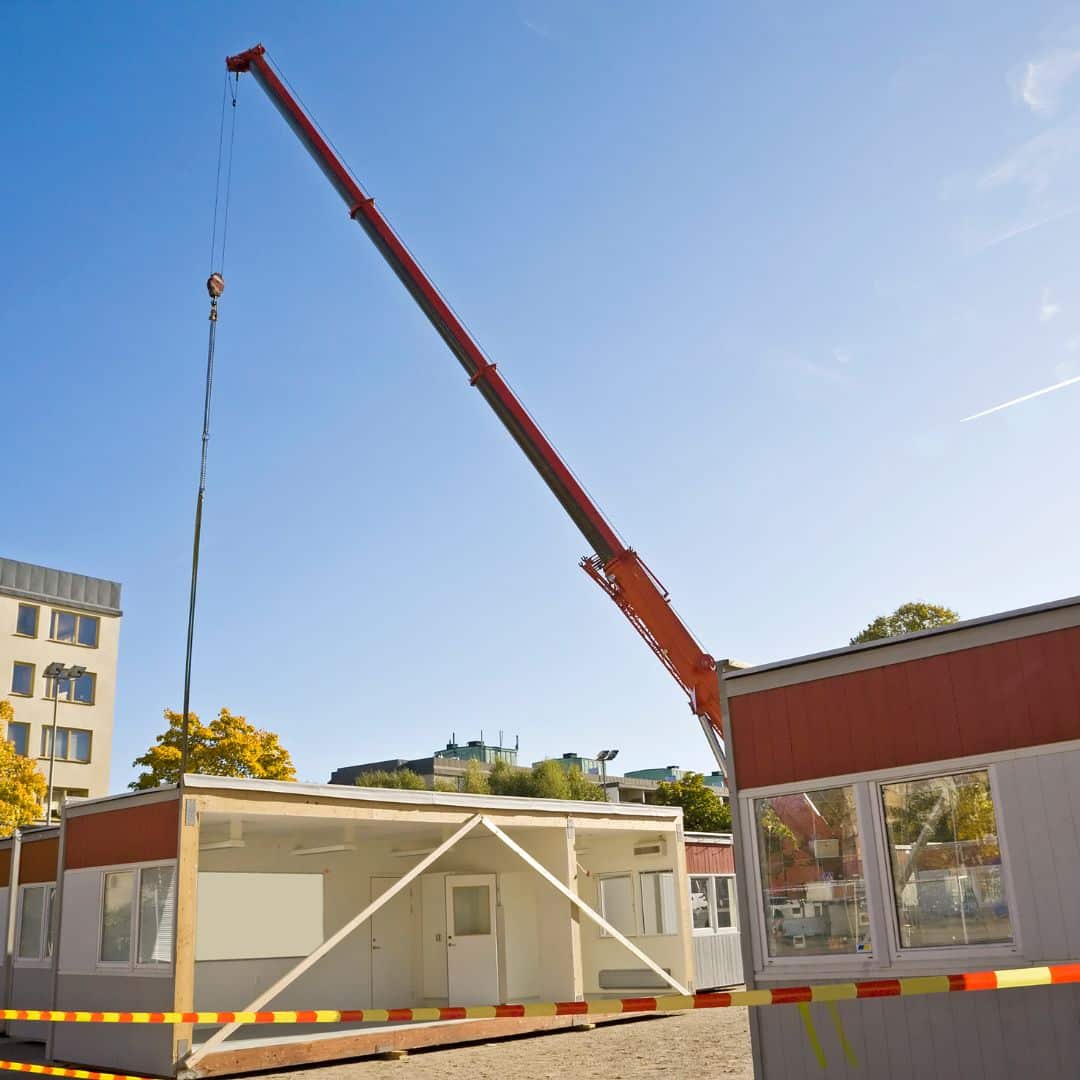Planning Permission for Temporary Buildings
Temporary buildings, although designed for short-term use, can still exert environmental pressures and have ecological consequences if they are not properly regulated. From construction materials to energy consumption and waste management, every aspect of these structures must be carefully evaluated to minimise their ecological footprint and preserve the surrounding natural environment.
Planning permission for temporary buildings in terms of ecology involves a comprehensive assessment of the proposed structure’s environmental impact and the measures taken to mitigate any negative effects. Local planning authorities, in collaboration with environmental experts, assess the ecological implications of temporary buildings to ensure they adhere to the principles of sustainable development.

When is planning permission for temporary buildings required?
Determining when to apply for planning permission for a temporary structure depends on several factors. As a general rule, if the structure is needed for more than 28 days, it is likely that it will require planning permission. Planning permission is also required if the temporary structure materially affects the external appearance of the building or if the building’s volume is more than 25% of the existing building.
The environmental impact that the temporary building may have is also a significant factor in whether your planning application is granted. Consideration must be given to the impact of temporary buildings or structures on the natural habitat and biodiversity of the surrounding area.
If the area available on your site is in an ecologically sensitive location, steps must be taken to mitigate any potential harm. This might include conducting ecological surveys or implementing measures to protect wildlife during the construction and operation of the temporary building around the original building.
Obtaining planning permission for temporary buildings
The process of obtaining planning permission for an extension begins with a formal planning permission application to the local planning authority. A detailed site plan, proposal plans, and any relevant supporting documents should all be included.
Following this, a thorough evaluation of various factors will take place. The local authority assesses the application, considering factors such as the impact on the local environment, compliance with planning policies, and potential objections.
Planning applications need to align with local and national environmental policies and regulations. These policies may include targets for the protection of designated ecological areas, conservation of biodiversity, or promotion of sustainable construction practices. The application must demonstrate how the proposed extension supports these environmental objectives.
This review process typically takes a few weeks to several months, depending on the complexity of the proposal. This is to ensure that the proposed extension is compatible with its surroundings and minimises any negative effects on the environment.
If the proposed development is approved, it will then receive a lawful development certificate which will list it as a permitted development meaning that work can take place.
How can Collington Winter assist?
Collington Winter are passionate about ecology and provide a holistic and innovative approach to environmental management. Our ecological consultants are fast-paced problem solvers, working with clients to obtain planning permission for their developments.
We provide a range of ecological services to help our clients to identify whether there may be any ecological issues with their proposal plans when applying for planning permission. These include:
- preliminary ecological appraisals
- protected species surveys
- tree surveys
- ecological clerk of works
- biodiversity net gain assessments
We can comment on planning applications and identify any mitigation measures that may need to be taken if any environmental constraints are identified. If you are looking to apply for planning permission or retrospective planning permission, please do not hesitate to get in touch.
Contact Us
Registered Address
23 Bark Street East, 1st Floor, Bolton, BL1 2BQ
Cambridge Office
Future Business Centre, Cambridge Campus, Kings Hedges Road, Cambridge, CB4 2HY
Leicester Office
Rutland House, 23-25 Friar Lane, Leicester, LE1 5QQ
Bristol Office
Newminster House, 27-29 Baldwin Street, Bristol, BS1 1LT
Telephone
Head Office: 01204 939 608
Dumfries Office: 01387 378208
